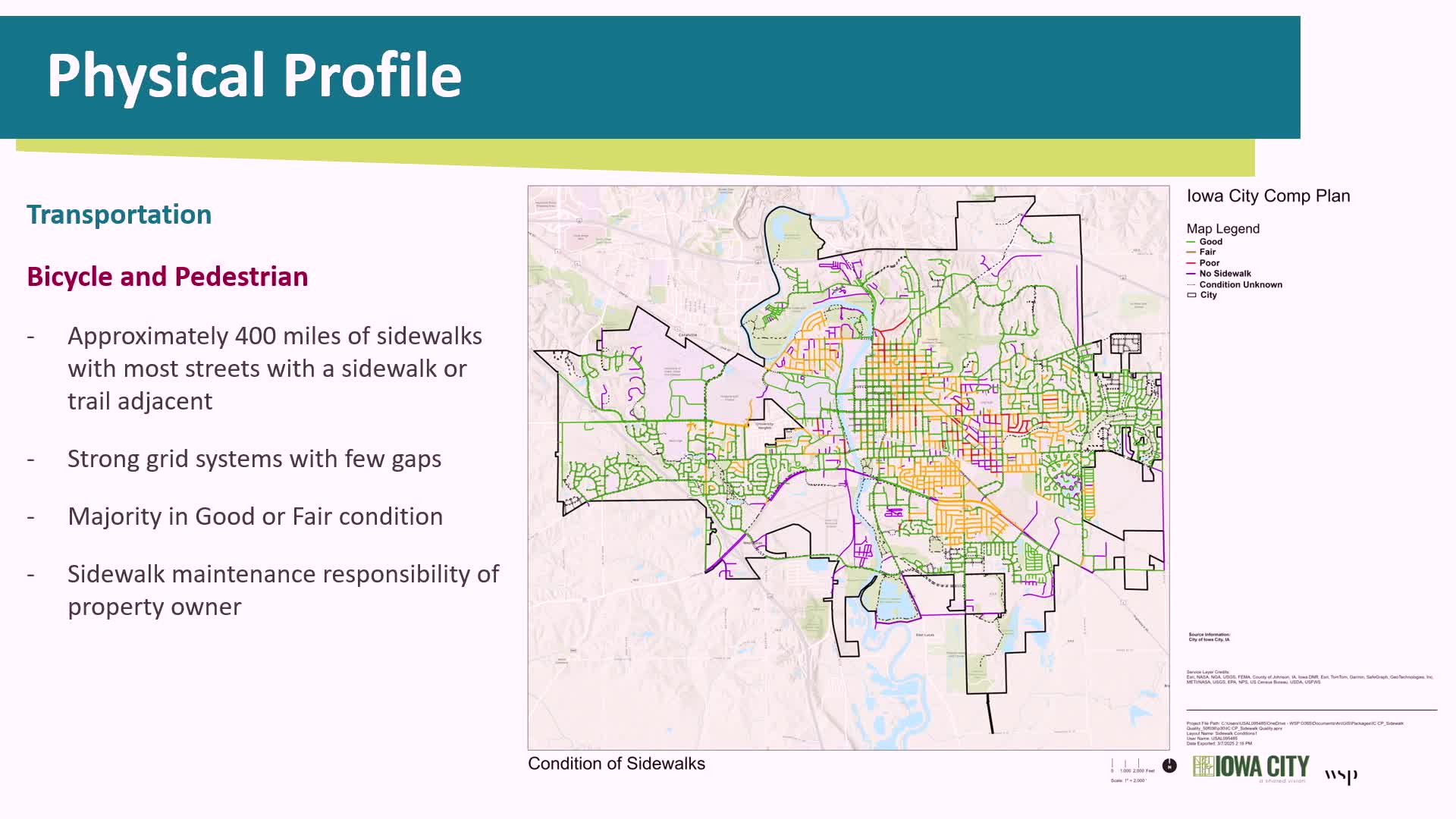Article not found
This article is no longer available. But don't worry—we've gathered other articles that discuss the same topic.
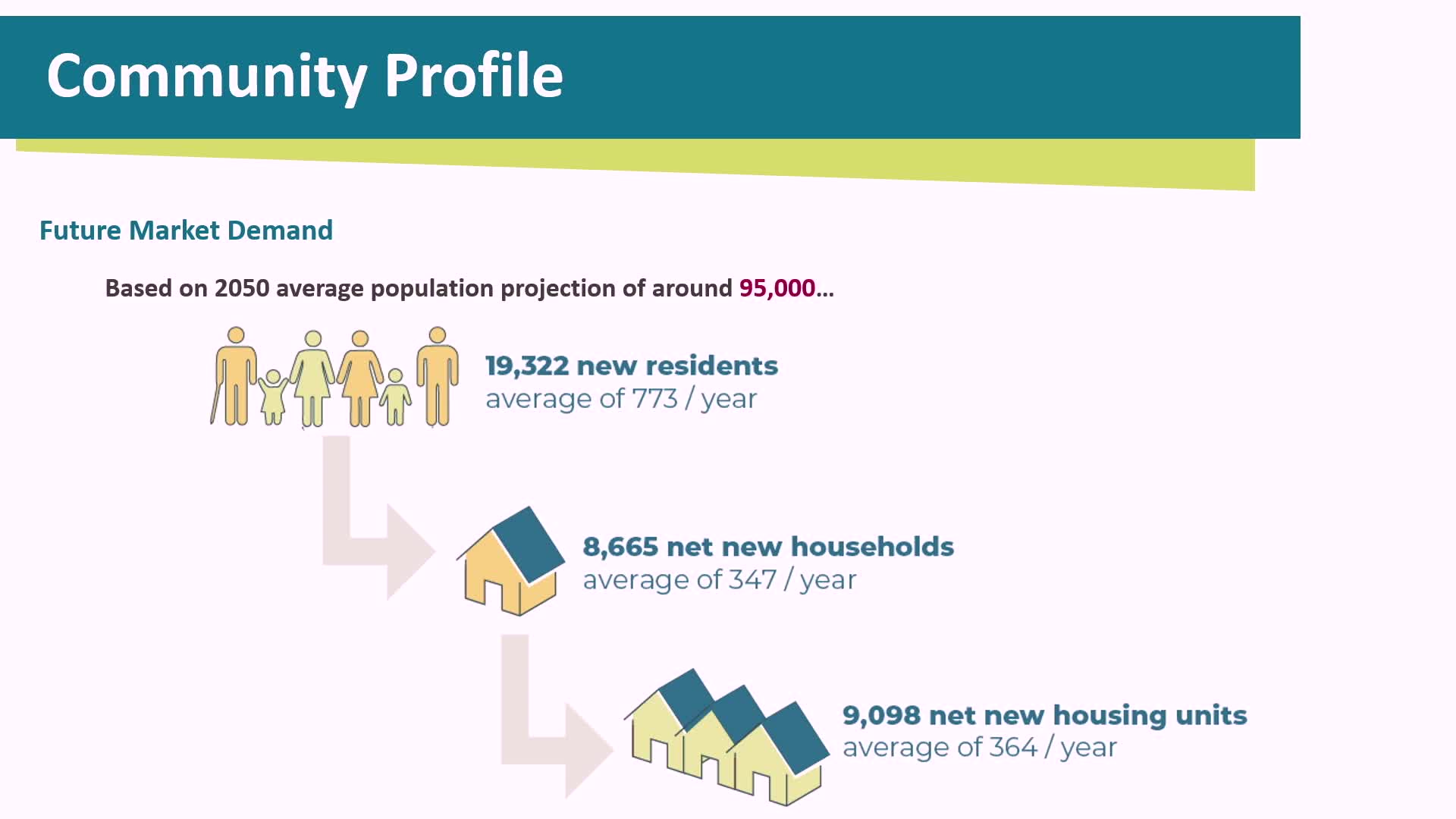
Council signals support to advance Grand Rail proposal for 21 South Lynn Street with affordable‑housing and micro‑retail priorities
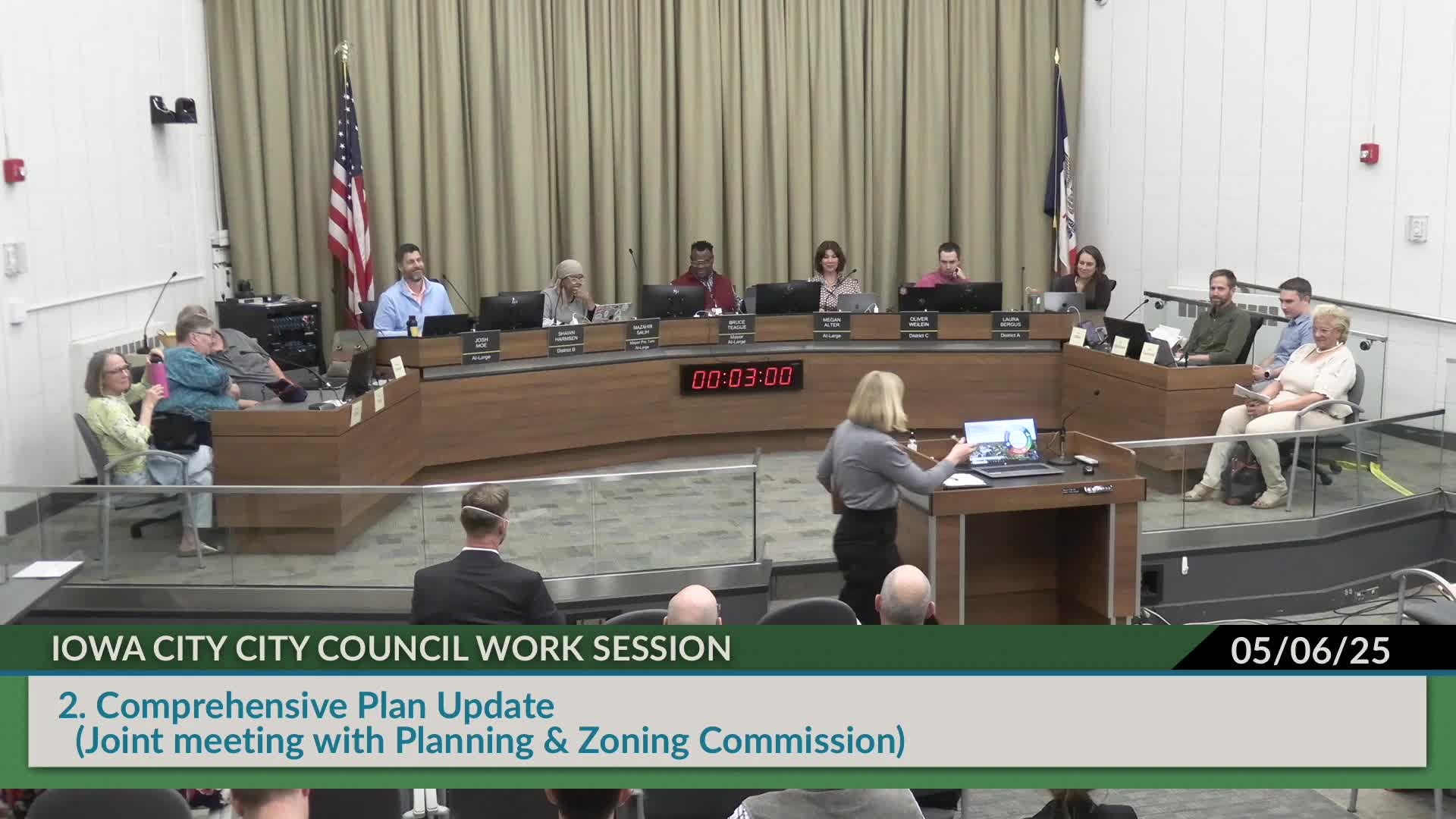
Consultants present updated comprehensive‑plan findings: growth, sidewalks, and housing needs
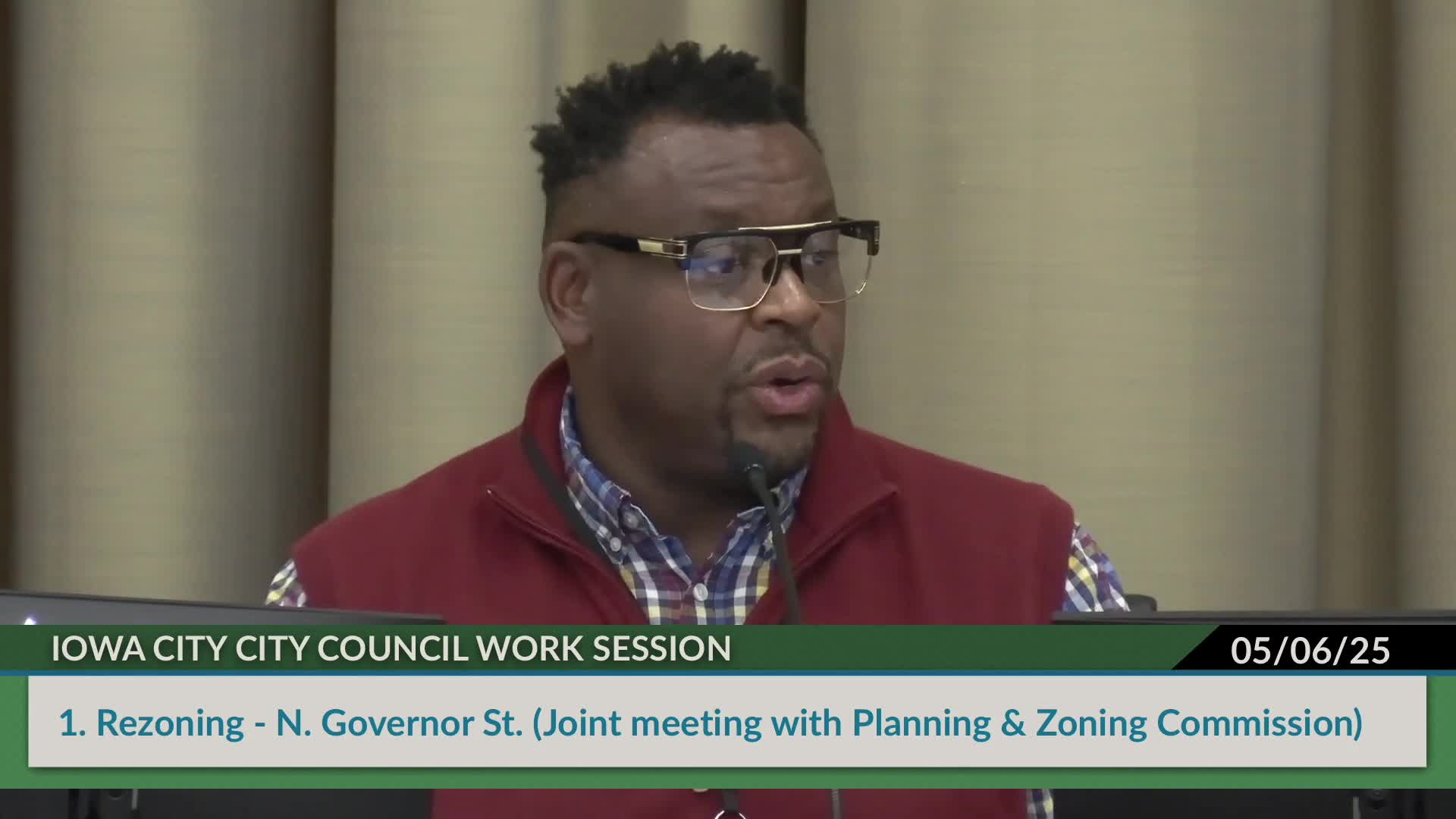
Planning commissioners urge rezoning of North Governor Street site to allow multifamily housing
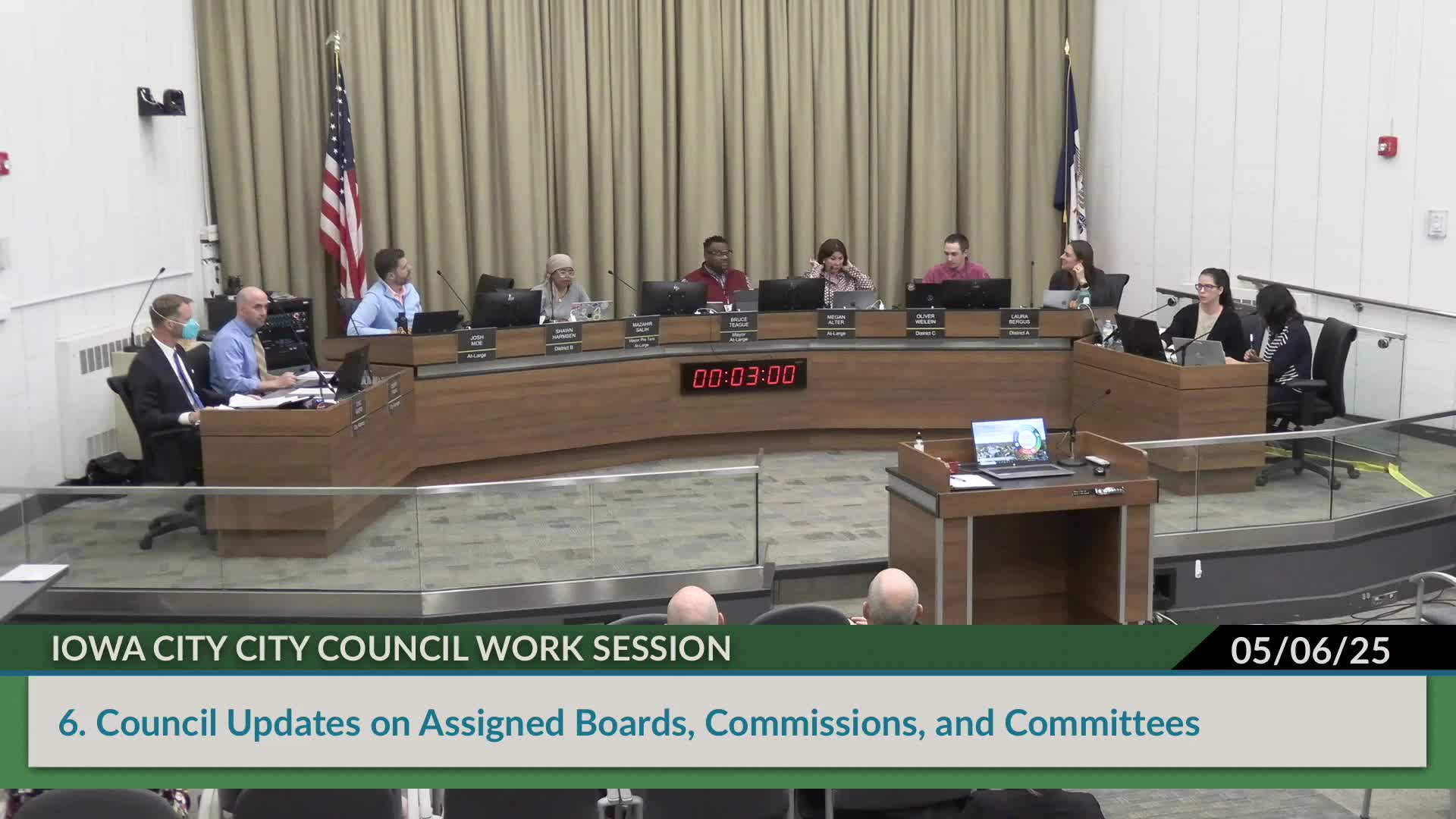
Council member promotes community engagement for Sycamore Mall/IC Marketplace strategic investment district planning
